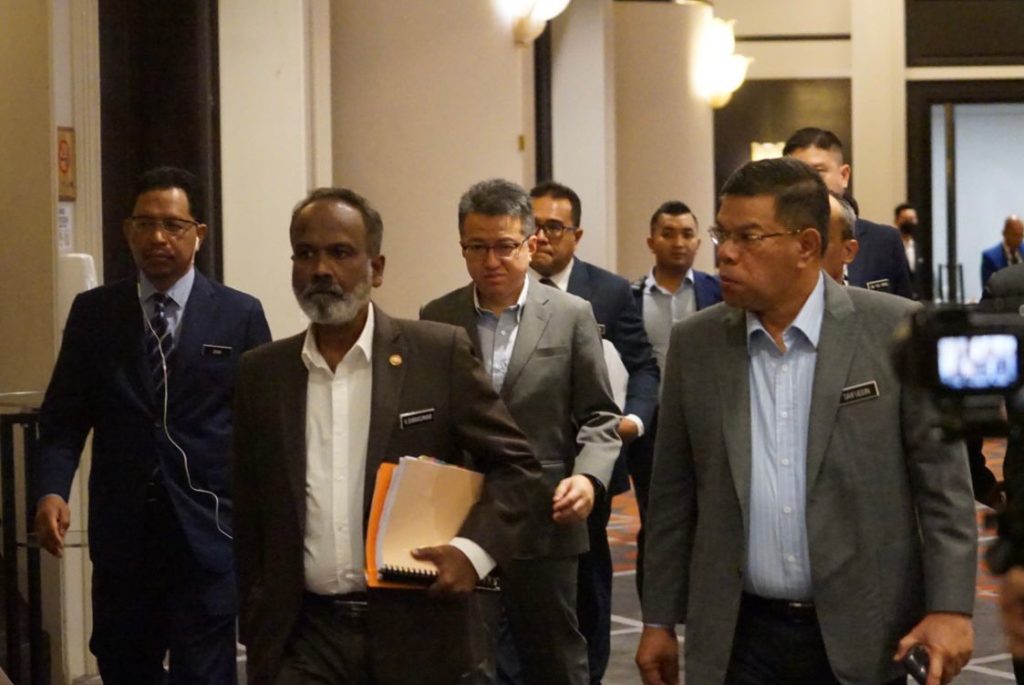
Effective July 1st, 2023, companies or businesses with less than 5 employers, who had been exempted from the new RM1,500 monthly salary requirement, will now have to meet this minimum wage.
Updated with new additional info in last graf.
PUTRAJAYA, June 30 – The National Economic Action Council (NEAC) will be presented with a progressive salary model proposal to assess its viability and the possiblity of implementing it or look into alternatives to improve existing salary systems in the country, said Human Resources Minister V.Sivakumar.
In a statement issued here today, Sivakumar said Singapore, which adopted a progressive salary model after studying it for five years, was able to implement the model only for three subsectors and hence the Malaysian government will also study in-depth the progressive salary model before any final decision is made to adopt it for Malaysians.
He said the government will also study the productivity linked-wage system which had been promoted by the Malaysia Industrial Relations Department since 2005.
He said the progressive salary model and productivity linked-wage system have been touted as among solutions for providing benefits for both employers and employees.
In the statement, Sivakumar said the minimum salary level fixed by the government will be reviewed by the government at least every two years. However, the government will also continue to look at other salary models that can bring a win-win situation for both workers and employers.
As a general rule, salary is the income derived by an individual after having worked for a specific period of time, while minimum salary is the given basic salary or income that does not include any allowances or other incentives.
The government’s aim in coming up with a proper salary structure therefore includes ensuring that workers are being commensurated for their productivity, skills and experience. At the same time, the government needs to look into ensuring that employers are also gaining in terms of productivity and profit. It is therefore imperative for the government to look at a salary system apart from implementing the minimum salary rate, he said.
The government of Malaysia increased the country’s minimum wage to RM1,500 on January 1, 2023. Under this, employers in all sectors, regardless of region, who employ five or more employees must adhere to the country’s minimum wage requirements. Employers with less than five workers were exempted from this ruling until July 1st, 2023.
–WE